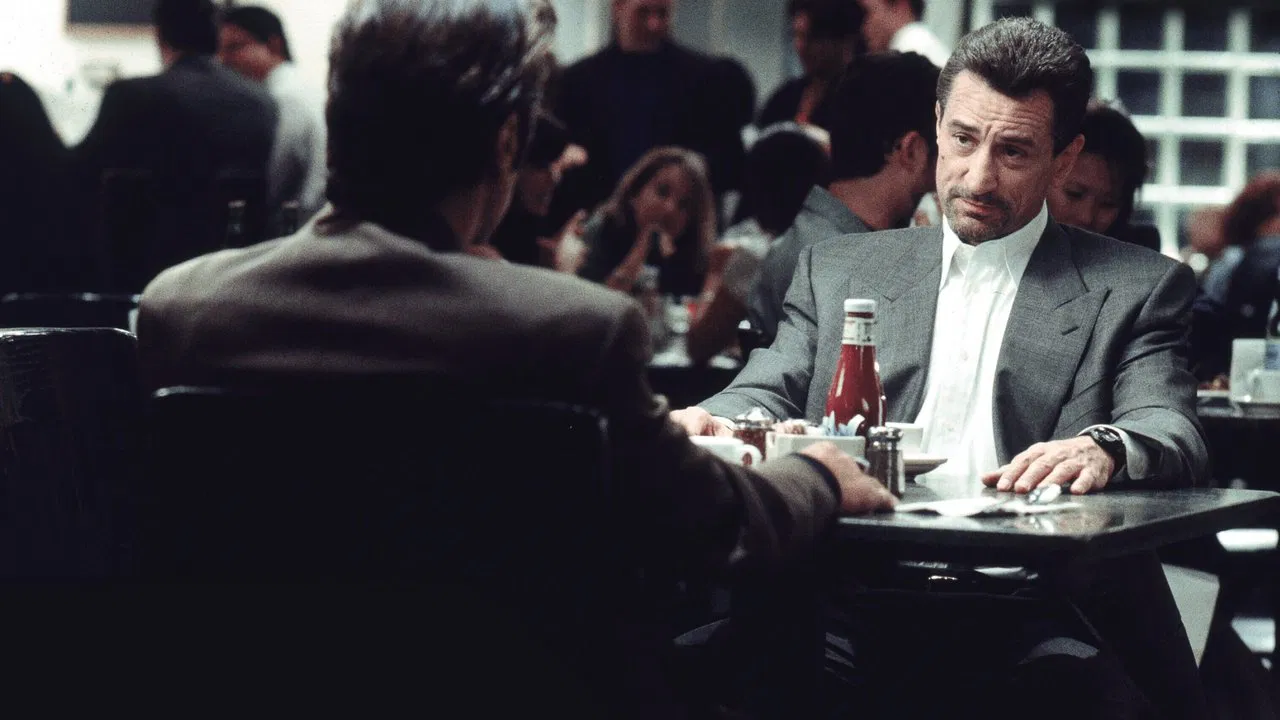Cinema of 1995

Cinema of 1995 balanced mainstream triumphs and daring new voices. Mel Gibson’s Braveheart dominated the Oscars with its sweeping medieval epic, while Pixar’s Toy Story made history as the first fully computer-animated feature, reshaping the future of filmmaking. On the American indie side, Larry Clark’s Kids shocked audiences with its raw portrait of youth, and Michael Mann’s Heat redefined the crime genre with the legendary face-off between De Niro and Pacino.
Globally, 1995 was equally momentous. Abbas Kiarostami’s Through the Olive Trees reinforced Iran’s reputation as a center of poetic, humanist cinema. Wong Kar-wai’s Fallen Angels extended his stylistic innovations with fractured storytelling and neon-soaked melancholy, while Emir Kusturica’s Underground won the Palme d’Or, sparking both acclaim and political controversy.
Elsewhere, auteurs pushed cinema in bold directions: David Fincher’s Se7en stunned with its grim atmosphere and shocking finale, while Ang Lee’s Sense and Sensibility revitalized the literary adaptation with wit and emotional depth. From digital breakthroughs to uncompromising artistry, 1995 stands as a year where cinema expanded both technologically and thematically.